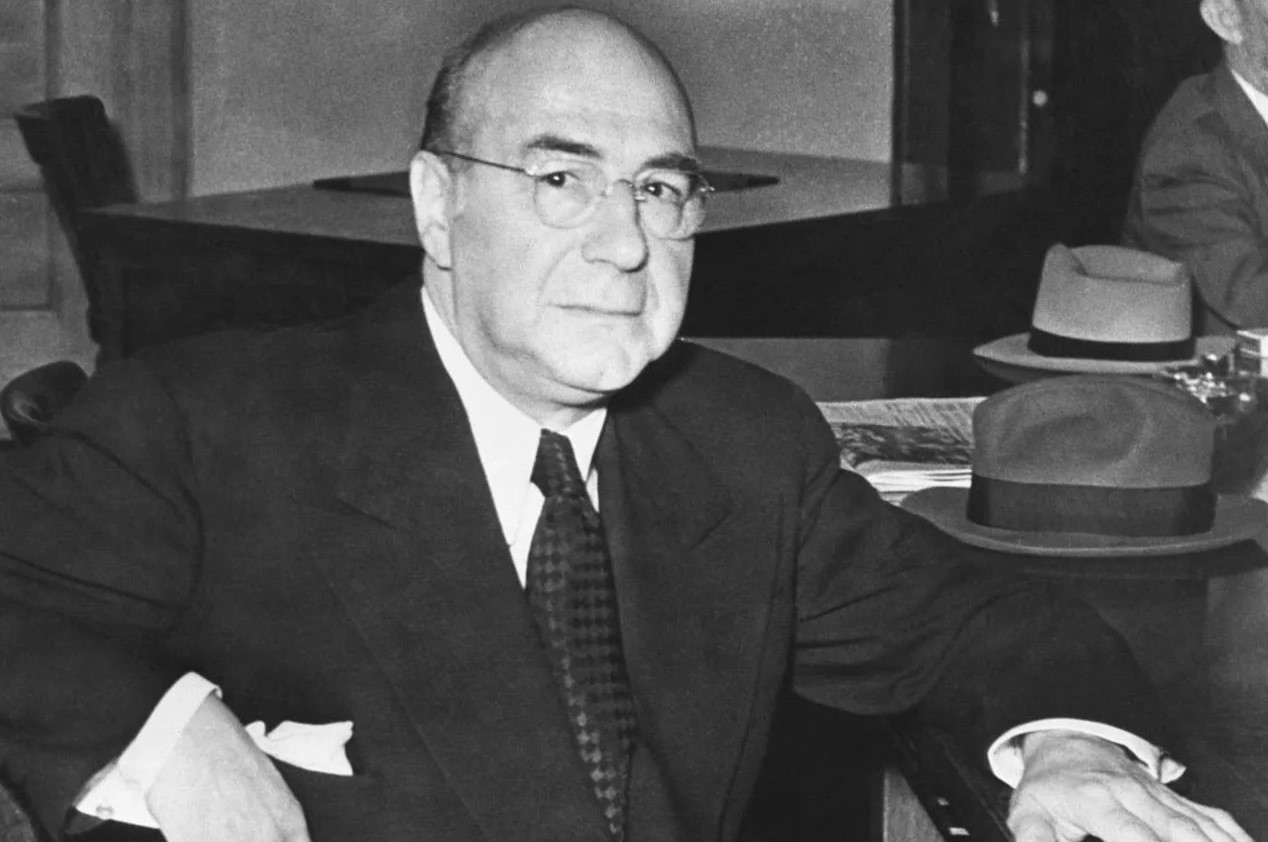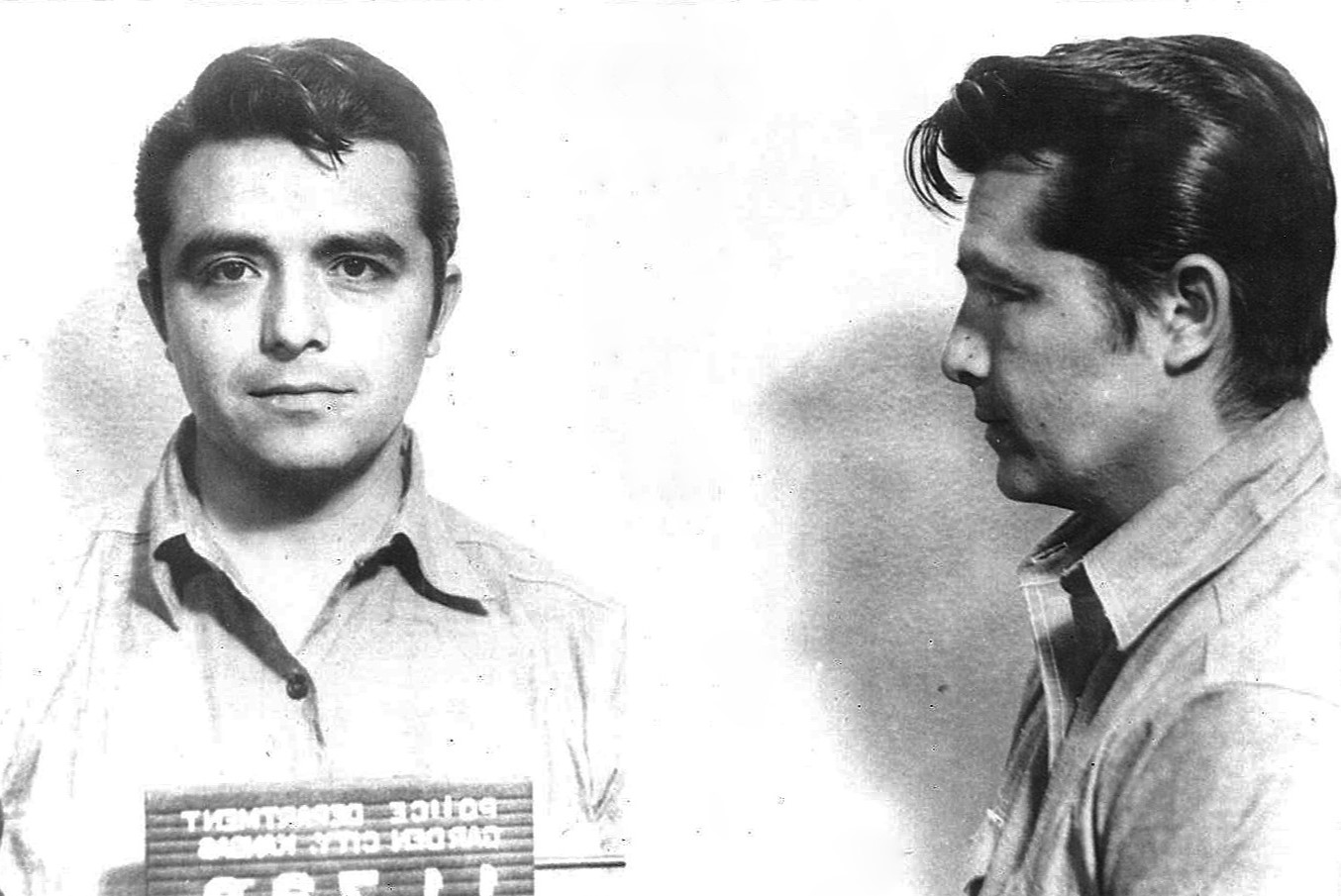
Who was Nucky Johnson, and why does his name still echo through the halls of Atlantic City's history? Enoch Lewis "Nucky" Johnson, born in 1883, was more than just a political figure; he was the mastermind behind Atlantic City's transformation during the Prohibition era. Known for his lavish lifestyle and iron grip on the city's vice industry, Nucky's influence extended far beyond local politics. He mingled with notorious mobsters like Al Capone and Lucky Luciano, turning Atlantic City into a haven for illegal activities. Despite his eventual downfall due to tax evasion charges, Johnson's legacy as the "Czar of the Ritz" remains a captivating chapter in American history.
Key Takeaways:
- Nucky Johnson rose from humble beginnings to become a powerful political figure in Atlantic City, controlling the vice industry during Prohibition and leaving a lasting legacy in American folklore.
- Nucky Johnson's flamboyant lifestyle, strategic political maneuvers, and enduring influence continue to captivate historians and the public, highlighting the complex interplay between politics, crime, and economics.
Early Life and Background
Nucky Johnson's journey to becoming the kingpin of Atlantic City began in humble surroundings. His early life set the stage for his future dominance.
-
Birth and Early Life: Born on January 20, 1883, in Smithville, New Jersey, Enoch Lewis "Nucky" Johnson's nickname "Nucky" came from his first name, Enoch.
-
Family Background: His father, Smith Johnson, served as a sheriff in Atlantic County, which paved the way for Nucky's entry into politics.
-
Education: Nucky attended the New Jersey State Normal School (now the College of New Jersey) but left his studies to dive into politics.
-
Marriage: In 1906, he married his childhood sweetheart, Mabel Jeffries. Sadly, Mabel died in 1912, but this loss did not deter Nucky from his political ambitions.
Rise to Power
Nucky's climb up the political ladder was swift and strategic. His early roles laid the foundation for his future control over Atlantic City.
-
Undersheriff: At just 19, Nucky became his father's undersheriff in 1905, marking the start of his political career.
-
Sheriff: In 1908, Nucky was elected sheriff of Atlantic County, succeeding his father and gaining significant influence.
-
Republican Party: A year later, he was appointed executive secretary of the Atlantic County Republican Executive Committee, further solidifying his political power.
-
Corruption Charges: In 1911, Nucky faced election fraud charges alongside local political boss Louis "The Commodore" Kuehnle. While Kuehnle was convicted, Nucky was acquitted, emerging stronger in Atlantic City politics.
Political Dominance
Nucky's control over Atlantic City politics was absolute. His strategic positions and alliances made him a formidable force.
-
County Treasurer: In 1914, Nucky became county treasurer, giving him access to Atlantic City’s funds and extending his influence into state politics.
-
State Politics: His political machine helped elect sympathetic governors, including Walter Edge in 1916. Edge appointed Nucky as clerk of the state’s Supreme Court, further cementing his power.
Control Over Vice Industry
Nucky's grip on Atlantic City's vice industry was tight. He profited immensely from illegal activities, especially during Prohibition.
-
Vice Industry: Nucky controlled the vice industry in Atlantic City, receiving regular payments from brothel madams and gambling den owners to finance his political machine.
-
Prohibition Era: With Prohibition in 1920, Atlantic City became a haven for illegal activities. Nucky's control over the vice industry skyrocketed, making him incredibly wealthy.
-
Boardwalk Empire: He established his Boardwalk Empire, a network of illegal activities including prostitution, gambling, and bootlegging, bringing immense wealth and power to him and his associates.
Lavish Lifestyle and Public Persona
Nucky's public image was as flamboyant as his lifestyle. He was known for his extravagant spending and high-profile social events.
-
Public Persona: Known as the "Czar of the Ritz," Nucky was a flamboyant figure, famous for wearing a red carnation in his lapel and a full-length raccoon coat in winter.
-
Lavish Lifestyle: He maintained several residences, including a luxury suite at the Ritz-Carlton Hotel. He was chauffeured in a powder blue limousine and hosted lavish parties.
-
Political Influence: Despite never running for elected office, Nucky's money and influence made him a dominant force in Atlantic City politics, known for handing out political jobs, favors, and goods in exchange for support.
Associations and Federal Scrutiny
Nucky's connections with mob figures and his public persona eventually attracted federal attention, leading to his downfall.
-
Association with Mob Figures: Nucky was linked to prominent mob figures like Al Capone, Charlie "Lucky" Luciano, and Meyer Lansky. He hosted a meeting of these figures in 1929, solidifying his connections to organized crime.
-
Federal Scrutiny: By the 1930s, newspapers and reformers began focusing on Atlantic City and Nucky. He famously stated, "We have whisky, wine, women, song and slot machines. I won’t deny it and I won’t apologize for it."
-
Tax Evasion Charges: In 1939, Nucky was indicted for income tax evasion. After three trials, federal prosecutors finally won a conviction in 1941. He began serving a ten-year sentence but was paroled in 1945 after serving four years.
Later Years and Legacy
After prison, Nucky lived a quieter life but remained influential. His legacy continues to captivate historians and the public.
-
Post-Prison Life: Following his release, Nucky lived modestly in Atlantic City, working as a salesman for an oil company and quietly influencing local and state politics.
-
Legacy: Unlike his fictional counterpart in HBO's Boardwalk Empire, who was killed, Nucky lived into old age. He died peacefully on December 9, 1968, at 85 in a convalescent home in Northfield, New Jersey.
-
Public Perception: Nucky's public persona attracted federal attention. Known for his lavish lifestyle and unapologetic approach to illicit activities, he ruled with a "velvet hammer," relying on money and influence rather than violence.
-
Historical Impact: Nucky's reign during Prohibition transformed Atlantic City into "The World’s Playground," a place where people could indulge in vices without fear of legal repercussions.
-
Media Depiction: HBO's Boardwalk Empire, which aired from 2010 to 2014, was loosely based on Nucky's life. The character Nucky Thompson, played by Steve Buscemi, was a fictionalized version of Johnson.
-
Personal Characteristics: Described as a tall, bespectacled man with a booming voice, Nucky had an eidetic memory for faces and names and a natural gift of command. His flamboyant nature and love for luxuries made him memorable.
Business Ventures and Federal Investigations
Nucky's official roles and the federal investigations into his activities reveal the extent of his influence and wealth.
-
Business Ventures: Officially, Nucky held various jobs including Atlantic County Treasurer, County Tax Collector, publisher of a weekly newspaper, bank director, president of a building and loan company, director of a Philadelphia brewery, and salesman for an oil company.
-
Federal Investigations: During one investigation into his tax evasion, Treasury agents counted towels in local brothels to estimate the number of customers and thus the income that went to Nucky.
-
Lavish Expenditures: A federal tax investigation in 1936-1939 recorded Nucky's annual expenditures of $5,000 for rent on the Ritz-Carlton suite alone, highlighting his lavish lifestyle and wealth.
Influence and Historical Context
Nucky's influence extended beyond Atlantic City, impacting state politics and leaving a lasting legacy.
-
Public Image: Nucky's public image was that of a party animal who loved to host lavish bashes. He had enough servants and people willing to do his bidding to make even Lord and Lady Grantham from Downton Abbey envious.
-
Influence on Local Politics: Despite his illicit activities, Nucky remained a respected figure whose advice was sought by local politicians until his death. His influence extended beyond Atlantic City, impacting state politics significantly.
-
Historical Context: The Great Depression of 1929 and the repeal of Prohibition in 1933 with the Twenty-first Amendment significantly impacted Atlantic City's economy. The city's popularity and Nucky's profits from vice operations declined substantially during this period.
-
Federal Pressure: Increased scrutiny from the federal government and newspapers owned by William Randolph Hearst published exposés on Nucky and Atlantic City, further pressuring him to maintain a low profile.
Enduring Fascination
Nucky Johnson's life continues to captivate people, serving as a reminder of the complex interplay between politics, crime, and economics.
-
Legacy in Popular Culture: Nucky's exploits during Prohibition have inspired numerous works of fiction and non-fiction. His life has been documented in books, films, and television series, cementing his place in American folklore.
-
Historical Significance: Nucky's reign over Atlantic City during Prohibition highlights the complex interplay between politics, crime, and economics. His story underscores the darker aspects of human nature and the corrupting influence of power.
-
Enduring Fascination: Despite the passage of time, Nucky Johnson remains an enduringly fascinating figure. His flamboyant lifestyle, ruthless ambition, and ability to maintain power through money and influence continue to captivate historians and the general public alike.
Nucky Johnson's Enduring Legacy
Nucky Johnson's life was a wild ride through power, corruption, and influence. Born in 1883, he climbed the political ladder, becoming sheriff and later the county treasurer. His control over Atlantic City's vice industry during Prohibition made him a wealthy and powerful figure. Known for his lavish lifestyle, Johnson's influence extended beyond local politics, even associating with mob figures like Al Capone.
Despite his eventual conviction for tax evasion in 1941, Johnson's legacy remains significant. He transformed Atlantic City into a playground for those seeking forbidden pleasures, leaving an indelible mark on its history. His story, immortalized in the HBO series Boardwalk Empire, continues to captivate audiences.
Nucky Johnson's tale is a cautionary reminder of the corrupting influence of power and the allure of luxury. His life, filled with both triumph and downfall, remains a fascinating chapter in American history.
Frequently Asked Questions
Was this page helpful?
Our commitment to delivering trustworthy and engaging content is at the heart of what we do. Each fact on our site is contributed by real users like you, bringing a wealth of diverse insights and information. To ensure the highest standards of accuracy and reliability, our dedicated editors meticulously review each submission. This process guarantees that the facts we share are not only fascinating but also credible. Trust in our commitment to quality and authenticity as you explore and learn with us.


